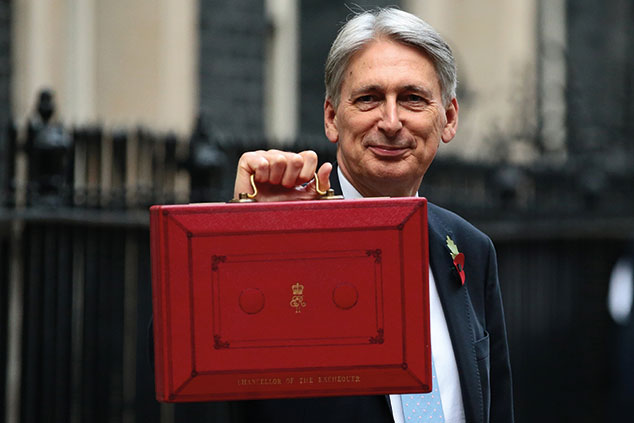
Chancellor Philip Hammond found himself in the unusual, and welcome, position of having more money than he expected when he gave his Budget speech this week. The Office for Budget Responsibility (the independent public finance watchdog) reviewed its economic forecasts and found they were systematically too pessimistic. The upshot – as we examine below – was that the chancellor found he had more breathing room than expected.
Of course, the government is still spending more every year than it raises in taxes (the deficit is currently 1.2% of GDP). This in turn means that the overall debt pile (the national debt) is still growing, not shrinking. Given that mending the public finances has been deemed so important in recent years, did Hammond decide to pay down the deficit with the “spare” cash? No. Instead, he paid for extra NHS funding (which Prime Minister Theresa May had already committed him to) plus another £2.7bn on pushing the Conservative party’s flagship welfare reform, universal credit, over the finishing line.
It’s like discovering you haven’t quite reached the limits of your overdraft this month, and deciding to spend more than you’d budgeted for, just to max it out. The politics, if not the economics, is entirely understandable. Hammond wants to stop rebels in his party from scuppering a Brexit deal. He also has one eye on the general election that will (sooner or later) follow any such deal being done. So he has to promise both voters and his fellow MPs that there are better times ahead – as long as the voters vote Conservative, and the MPs back May’s Brexit plans.